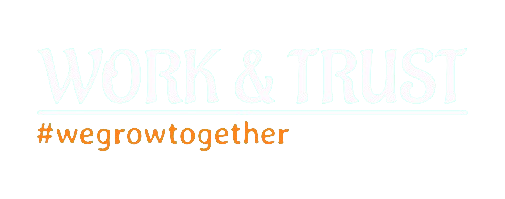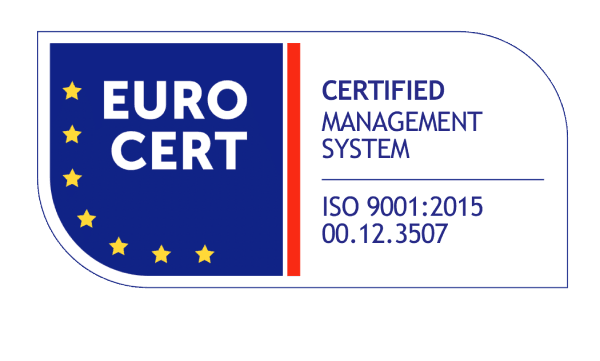Often, a question that rotates in the minds of young and older people has to do with the next step in their career. Below are some key points you should consider for career advice, depending on where you are in your journey. Self-assessment: Identify your strengths and interests: Focus on areas where your skills, passions, and values intersect. This ensures long-term motivation.
Self-assessment
Evaluate your skills: Reflect on your soft skills (communication, leadership, etc.) and your hard skills (technical abilities).
This helps you understand where you can excel and what you need to improve.
Set your goals: Short-term (1-2 years) and long-term (5-10 years) goals can guide your professional path. Education and continuous learning.
Education and Continuous Learning
Formal education: Depending on your career, you may need degrees or certifications in relevant fields.
Online courses and certifications: Platforms such as Coursera, LinkedIn Learning, or Udemy offer courses that help you stay updated.
Mentorship and networking: Find mentors and network with people in your field. This helps you gain insight and learn from their experiences.
Gain Experience
Gain practical experience: Entry-level positions provide hands-on knowledge and help you build your resume.
Volunteering or side projects: These can strengthen your portfolio and show initiative.
Career moves strategies
Career strategies. Skill development: Upgrade skills based on industry demands. Focus on learning technologies or tools in demand in your field.
Career transitions: Don’t be afraid of lateral or vertical moves if you’re looking for growth or better application.
Negotiation: Learn to negotiate salaries, roles, and benefits. Knowing your worth is essential to securing a fulfilling role.



